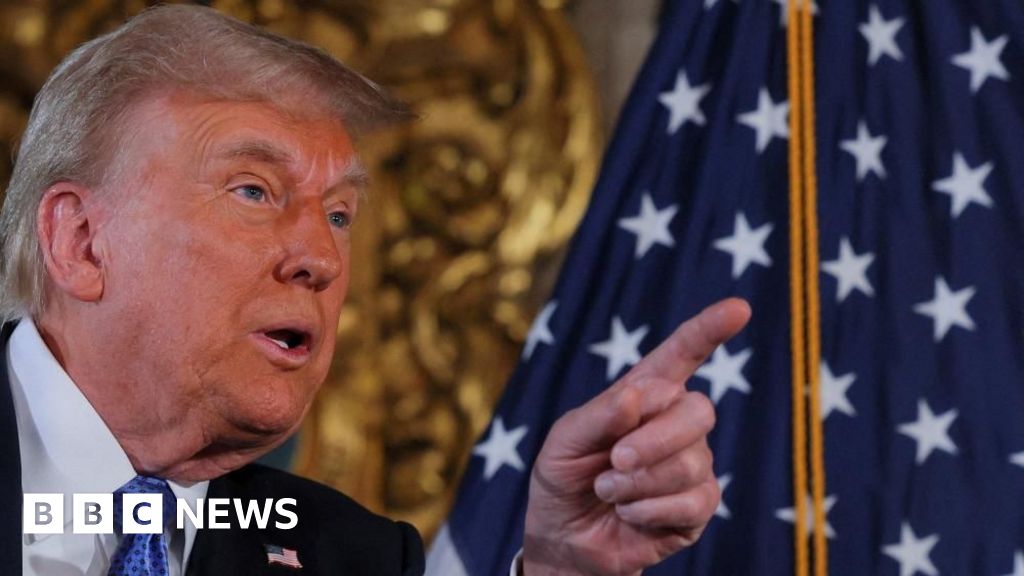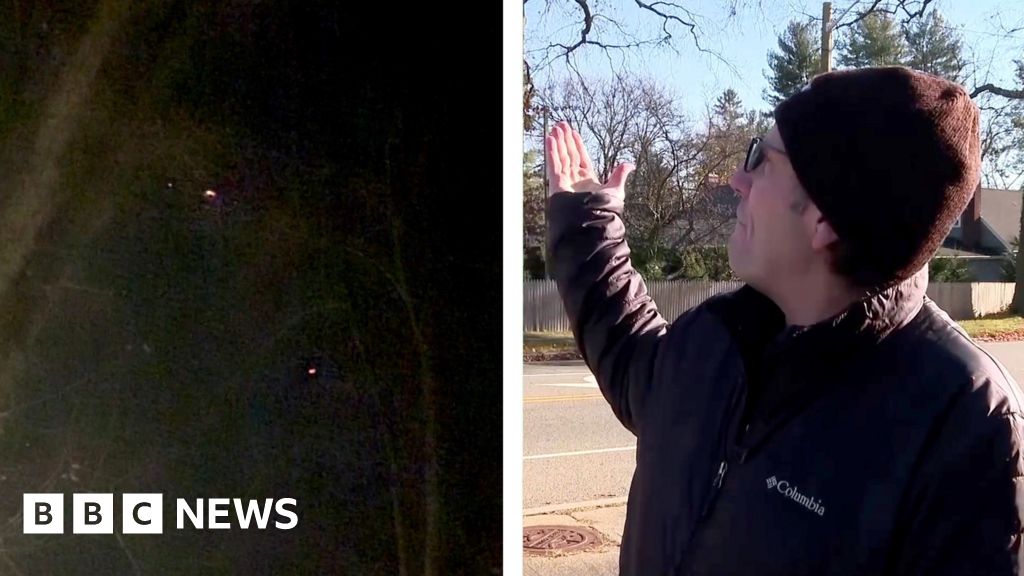ARTICLE AD BOX
By Bernd Debusmann Jr
BBC News, Washington
image source, Getty Images
The US Food and Drug Administration (FDA) is expected on Friday to complete a highly anticipated review of whether Covid-19 vaccine booster shots are necessary.
Tension has been rising between the FDA and President Joe Biden's administration over the boosters, which the White House had said would be available as early as next week if approved.
Some scientists, however, are not convinced.
When will booster shots be available?
Last month, President Biden announced that the booster shots for the Pfizer vaccine would be available on 20 September, as long as they received approval from the FDA and from the Centers for Disease Control and Prevention (CDC).
If Pfizer's submission is approved at the FDA advisory committee meeting on Friday, the agency's commissioner could potentially sign-off on it in a matter of days.
Receiving full federal approval, however, will also require a nod from the CDC's advisory committee. They are scheduled to meet on 29 September.
But the outcome of Friday's meeting remains uncertain. Some scientists believe that boosters are unlikely to have a significant impact on the course of the pandemic.
Dr Monica Gandhi, an infectious diseases physician and professor at the University of California San Francisco, said she agrees with the assessment of some FDA experts who do not believe a booster is required.
"The immunology research is not very convincing," she told the BBC. "Antibodies do come down over time, but [the human body] has the blueprint to make more."
These blueprints come in the form of "memory B" cells, which form part of the adaptive immune system.
"There's been paper after paper that shows good circulating memory B cells after the second dose," Dr Gandhi said.
image source, Getty Images
image captionMillions of Americans have refused to get a Covid vaccinationSome have also said that additional vaccine doses would be more useful if distributed to parts of the world where many people have yet to receive their first or second jabs.
"If you take away the moral and ethical questions, there's still the public health question of where the next variant is going to come from," she said. "It's likely to come from places with low vaccination rates."
Advocates of the booster point to data that shows the Pfizer vaccine's effectiveness against Covid-19 falls from 96% to 84% after four months. Pfizer says that a third shot brings its effectiveness back up to 95% - including against the fast spreading Delta variant.
Dr Priscilla Hanudel, a Los Angeles-based emergency doctor, said that immunocompromised people "definitely" need to get a booster.
She said she also believes that the general public will benefit from boosters, even if they remain well protected from severe illness after the second shot.
"Just like with any vaccine, all immunity will wane over time, and in the next month we're going to be seeing that," Dr Hanudel said.
image source, Getty Images
image captionA Los Angeles resident gets jabbed for a chance to win football ticketsDr Hanudel added that in the long-term, booster shots may well become commonplace.
"If not enough people are vaccinated and the pandemic continues, then everyone will need their immunity boost eventually, as with other vaccines," she said. "It could be that the mandates will include up to three doses."
Who is eligible for a booster shot?
Previously, the Biden administration had said that US residents would be eligible for booster shots eight months after receiving a second dose.
That timeline would mean that as many as 5.2 million people may be eligible in the first week if the roll-out begins on 20 September.
In August, US health officials said that any rollout of boosters would likely be conducted in stages, as was the case with the initial vaccines in early 2021. This would likely mean that healthcare workers and seniors would be among the first eligible to receive a booster.
Boosters shots have already been approved for those who are immunocompromised. According to CDC data, nearly 2 million people have already received a third vaccine dose since mid-August.
Which booster shot can I get?
The initial rollout only includes Pfizer/BioNTech doses.
The FDA is expected to decide on a potential Moderna booster soon after - potentially as soon as several weeks - but no firm data has yet been publicised.
Moderna, for its part, has said that data from its late-stage clinical trial shows that immunity decreases over time, though it still appears to protect people against severe illness.
What are the potential side effects of boosters?
According to Pfizer, the side effects from the booster are similar to those felt after the second dose. No new adverse reactions to the third jab have so far been detected.
A phase three study of the boosters conducted by Pfizer found that 63.7% of people experienced fatigue after the third jab, with 48.4% of participants reporting headaches and 39.1% reporting muscle pain. Most reactions, however, were mild or moderate.
Pfizer has also said that younger people are more likely to be affected by the booster.
Which countries allow booster shots?
In the UK, the government has announced that it will offer boosters to everyone over 50 and to other vulnerable people as it heads towards the winter months.
Germany, France and the Czech Republic have announced similar plans for older or vulnerable people. In Israel, boosters are already being offered to people as young as 12.
The World Health Organisation has called on wealthier nations to hold off on providing booster shots until vaccination rates go up in lesser developed countries.
"There are countries with less than 2% vaccination coverage, most of them in Africa, who are not even getting their first and second dose," WHO Director-General Tedros Adhanom Ghebreyesus said earlier this week.
"And starting with boosters, especially giving it to healthy populations, is really not right."

 3 years ago
78
3 years ago
78








 English (US) ·
English (US) ·